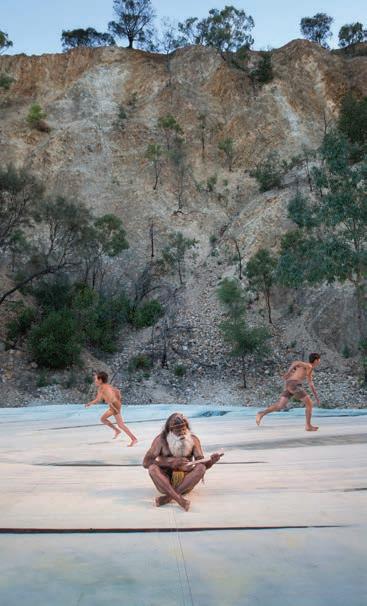
6 minute read
In Review – The Secret River
The Secret River at Anstey Hill
A powerful play telling the story of the conflict between early convicts and the original inhabitants of our country was a sold out success at this year’s Adelaide Festival.
Advertisement
Staged the Anstey Hill Quarry for the Festival, The Secret River tells the story of William Thornhill, a convict sent to New South Wales in the early 1800s. He and his family try to claim land on the Hawkesbury River, but come into conflict with the true owners, the Dharug people. Ningali Lawford was the narrator of the Adelaide production of The Secret River, originally an award winning book written by Kate Grenville and adapted for theatre by Andrew Bovell. She told Aboriginal Way that the play tells the important story of violence and massacre underlying Australia’s early history. “This is a fiction, but it’s also a fact. So the fact is massacres are not new to us in review
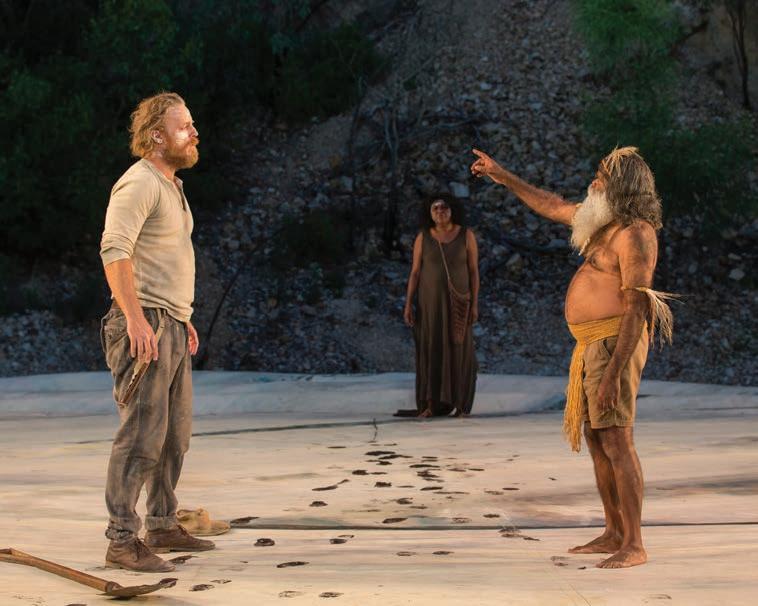
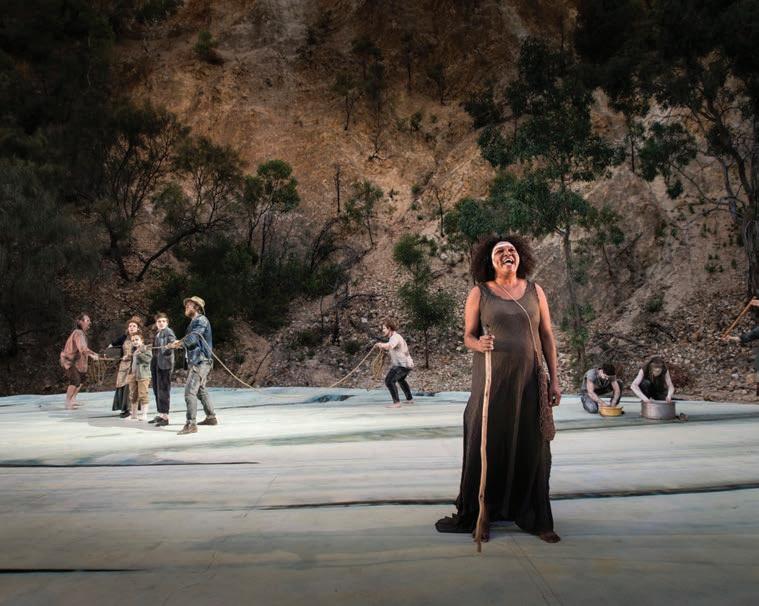
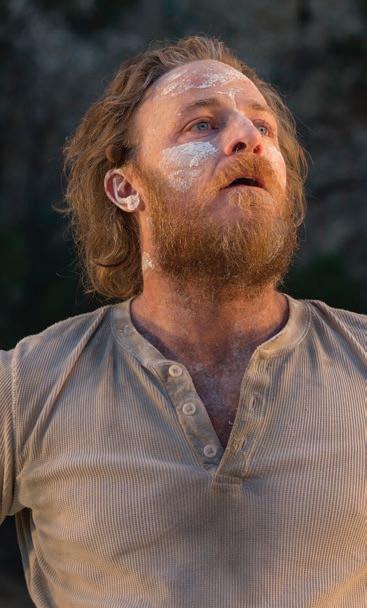
in this country. As much as people think there wasn’t any massacres, there were massacres. We have to understand. And to understand our past we need to move onto our future. With all that in mind, we have to teach our kids that Australia did have a black history,” she said. The story has had a life as a novel and then television series and has developed along the way. While the story has had a strong impact in educating people about Australia’s history of invasion, there was criticism that the Indigenous voice was not strong in its original telling. “It’s so much more different this time around,” said Ms Lawford.
“I was involved in the TV series myself, but with this production, it literally just speaks of the two groups of people that live on the Hawkesbury. It talks about the Thornhills and the people that live along the Hawkesbury, the other community, people that live on the river, and their interaction with the Indigenous people. So the stories blend from the two groups of people, the Indigenous people and the non-Indigenous people and how they try to find a middle ground and become friends and then circumstances just push them to a different direction,” she said.
The Secret River tells a powerful and disturbing story, one that is challenging for actors and audiences alike.
“So it’s quite a hard story to tell, and having to tell it from the beginning to the end, it’s so emotional, but it’s a story that should be told,” said Ms Lawford.
The Adelaide production also featured local actors, including Kaurna elder Stephen Goldsmith and Rabbit Proof Fence star Natasha Wanganeen.
Asked what’s special about this Adelaide production of The Secret River, Ms Wanganeen said that the setting made it unique.
“For the type of production that we’re doing, that is set back in the day before colonisation was happening, that location is absolutely perfect,” she said. “We’ve had possums climb on our lights and butterflies and dragonflies everywhere. I mean it’s a beautiful setting for a unique story. The story of The Secret River is a powerful one and the setting is powerful too, I can’t even describe the feeling I get when I go out there,” said Ms Wanganeen. According to Ms Wanganeen, the story has opened many people’s eyes about Australian history. “It changes them. Because then they know how this beautiful country got to the point it’s at now. “It shows how all of this disastrous, murderous stuff happens because of mis-communication. And hopefully we can learn from that, and start understanding each other a bit more and protect what we have left. White and black,” said Ms Wanganeen.
The Secret River is a production of Sydney Theatre Company, presented in partnership with State Theatre SA and The Adelaide Festival
SANTS is recognised and funded as the Native Title Service Provider for South Australia by the Commonwealth Government under s203FE(1) of the Native Title Act 1993 (Cth).
SANTS provides legal representation and guidance, anthropological research and community liaison to support native title applications, negotiations and determinations.
SANTS performs all of the functions of a representative body in native title throughout South Australia. Those functions as set out in Section 203B of the Native Title Act are: • Facilitation and assistance; • Certification; • Dispute resolution; • Notification; • Agreement making; • Internal review; and • Other functions.
SANTS provides a wide range of services to South Australia’s Aboriginal Nations who hold or may hold native title. SANTS is committed to working with Aboriginal Nations to realise their aspirations, which are often broader than the recognition of native title. Native title determinations now have been made over more than half of South Australia. There are currently fifteen PBCs established in SA to manage native title rights and interests. SANTS works with many of these native title groups to enhance their position to manage their native title outcomes, comply with legislative responsibilities and develop and grow to achieve their aspirations. Our activity in this area includes: • developing and strengthening governance practices including through provision of legal advice, development of corporate policies and delivery of education and training initiatives; • facilitating community-based planning to develop strategic and operational plans; • developing and enhancing stakeholder relationships; • implementing agreements and identifying, managing and enjoying native title benefits; • accessing business development services and advice;
• identifying and delivering community development projects including to protect cultural heritage and country; • engaging in policy and legislative reform and implementation. Recently, SANTS delivered its first corporate governance training program to PBCs and also delivered two financial management training sessions in partnership with PwC’s Indigenous Consulting (PIC). In our work in community development, our focus is currently on protecting cultural heritage and caring for country. These collaborative caring for country projects are important for the ongoing exercise and protection of native title rights and interests. SANTS welcomes Aboriginal Nations and native title groups who would like to work more with us.
SANTS receives funding from the Commonwealth and South Australian Government to perform its functions and to provide other services.
SOUTH AUSTRALIAN NATIVE TITLE SERVICES
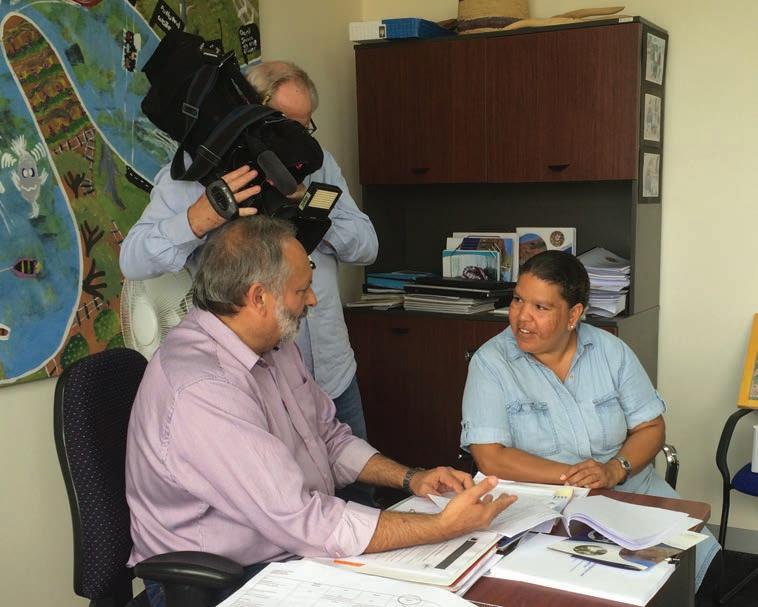
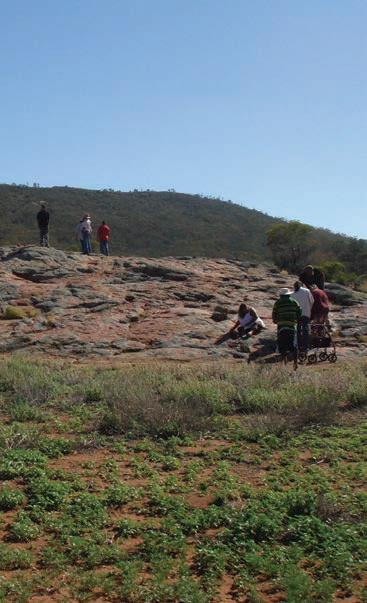
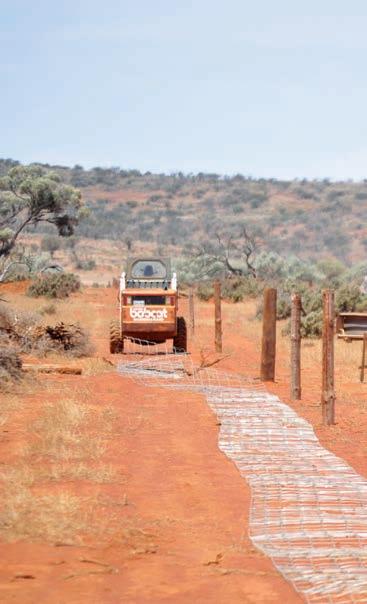
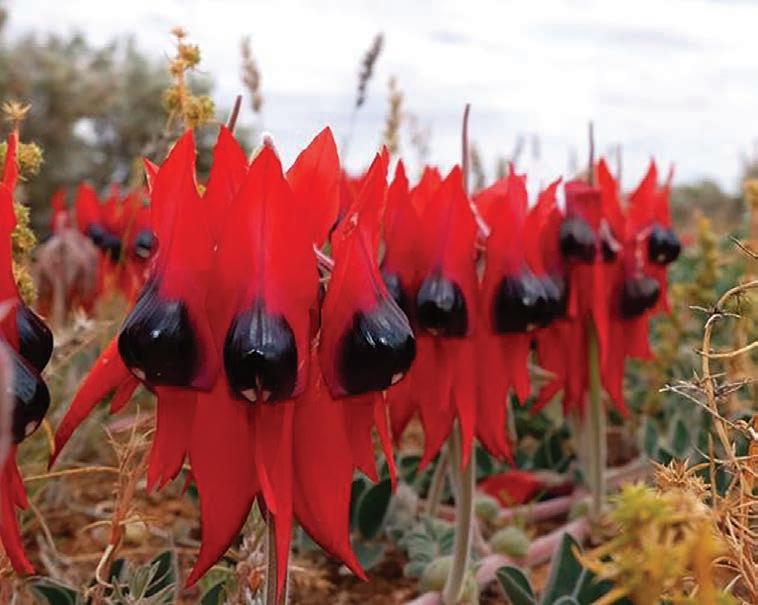
Level 4 345 King William Street ADELAIDE SA 5000
Editor
Keith Thomas
Communications Officers
Kaliah Tsakalidis Lucy Kingston
Designer Alison Fort
Advertising Enquiries
(08) 8110 2800
Circulation
10,000
If you have any stories of interest to our readers, please address any correspondence to:
editor@nativetitlesa.org
Aboriginal Way South Australian Native Title Services Level 4 345 King William Street ADELAIDE SA 5000
Ph: 8110 2800 Fax: 8110 2811 FREECALL: 1800 010 360
The Editor has the final decision on all stories and advertising that appear in this publication.
www.nativetitlesa.org
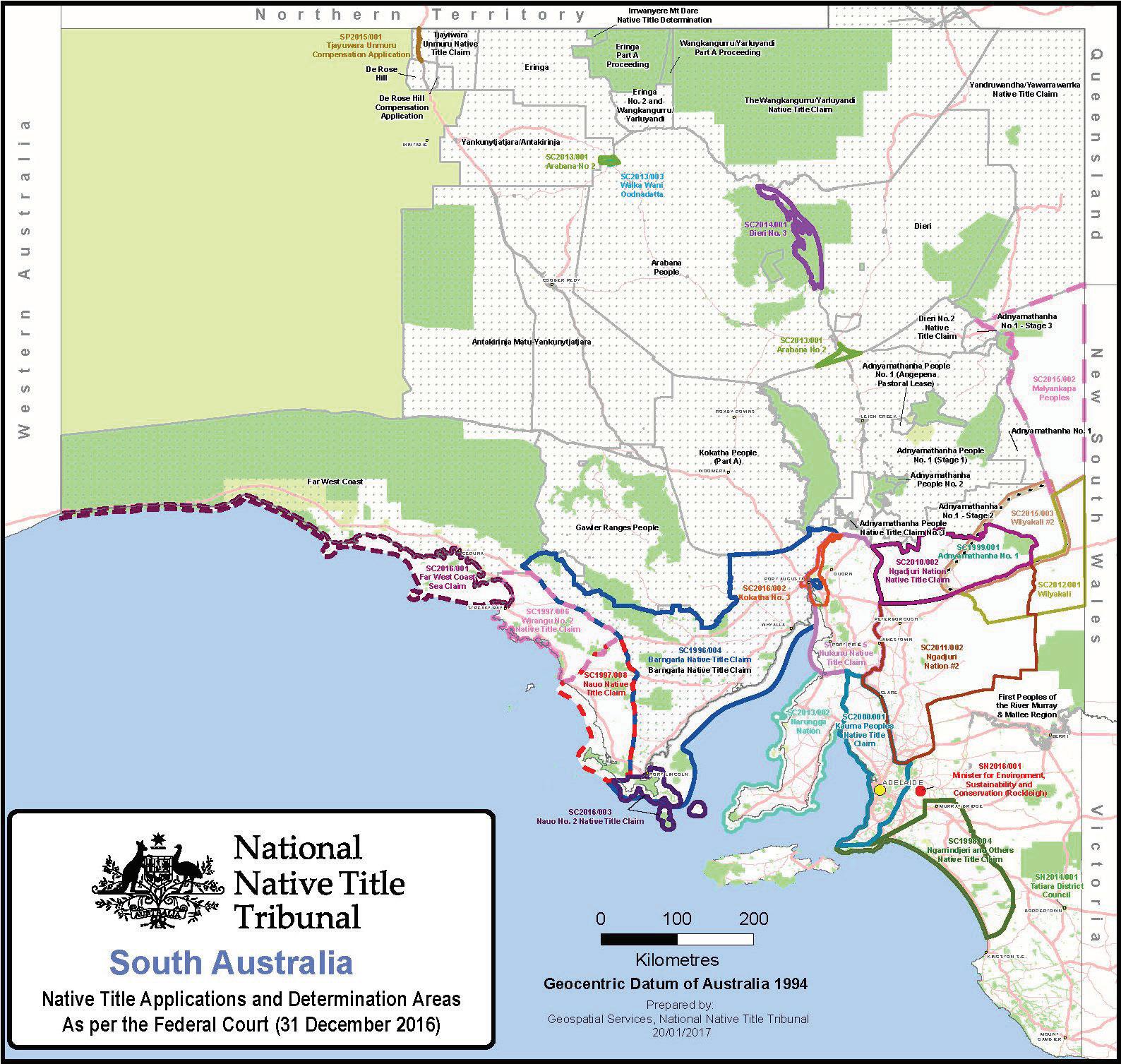
Get Aboriginal Way
Individuals or organisations can request free copies of this publication. Complete the form below and mail to 4/345 King William Street, Adelaide 5000 or email details to editor@nativetitlesa.org Name: __________________________________________________ Address: ________________________________________________ _________________________________ Postcode: _____________ Phone: __________________________________________________ Email: __________________________________________________ No. of copies: ____________________________________________
ISSUE 66
www.nativetitlesa.org
Radio program Aboriginal Message…
…is recorded weekly at Radio Adelaide. If you have an interesting story or event that you would like to share on radio, please contact Lucy Kingston on (08) 8110 2800 or email aboriginalmessage@nativetitlesa.org Listen online at http://radioadelaide.org.au/tags/aboriginal-message/




